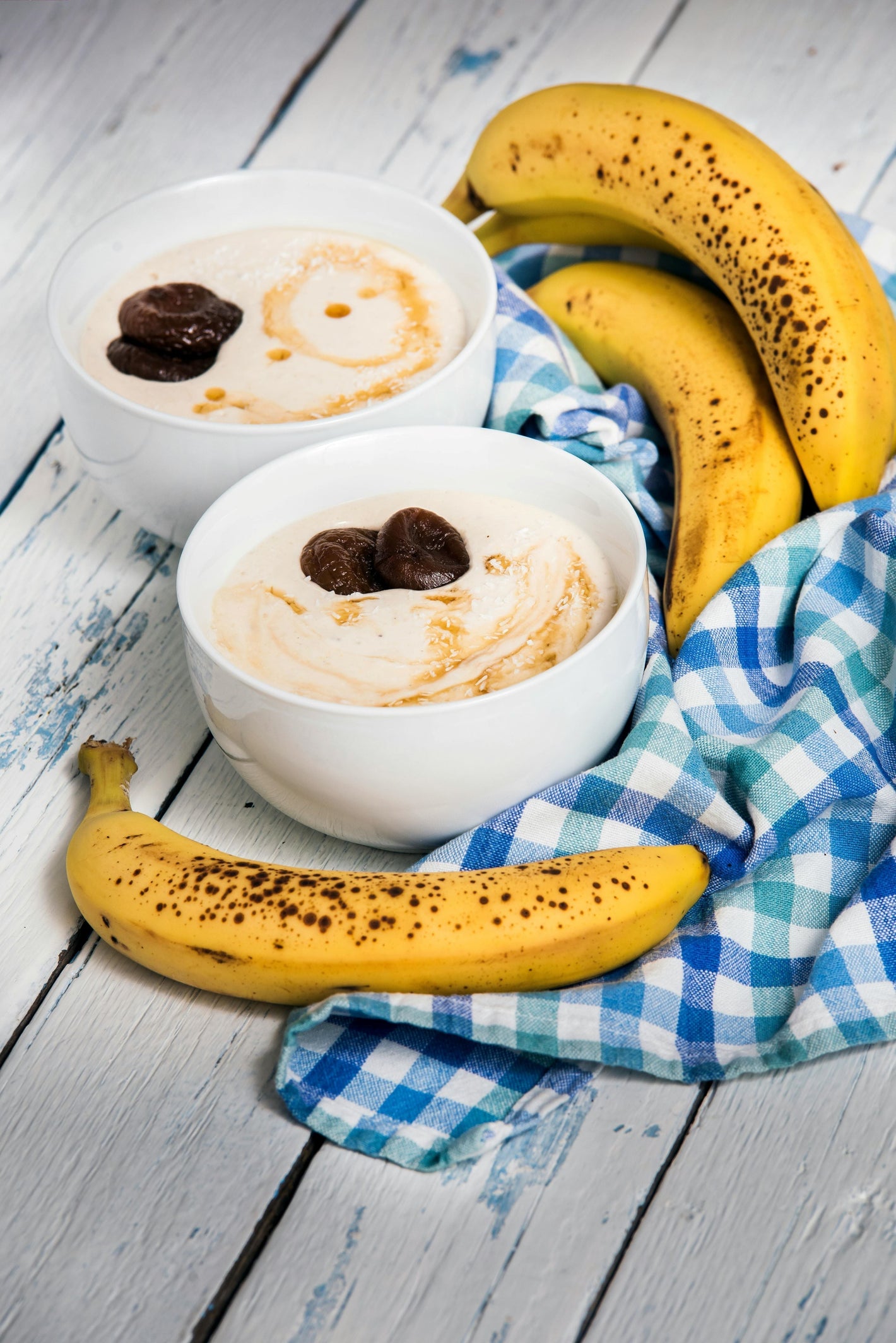
Related products
Grits- A Corny Delight
Grits are a type of porridge made of coarsely beaten and grounded corn kernels. It is a beloved staple in Southern cuisine that has now found a place on plates across the world. Grits are mainly served as a breakfast dish. It is prepared in various ways such as creamy, smooth, coarse, or textured.
But are they healthy? In the article below, we will discuss grits, its health benefits, and potential considerations before incorporating grits into our daily meals.
Nutritional Profile:
Grits contain various essential nutrients such as vitamins, minerals, and macronutrients. Here’s a nutritional profile of grits based on one serving of cooked grits (one quarter cup):
- Calories: 182 kcal approx.
- Carbohydrates: 38 grams
- Proteins: 3 grams
- Fat: less than 1 gram
- Fiber: 2 grams
- Vitamins and Minerals: Iron, Magnesium, Phosphorus and B vitamins.
Health Perks of Grits
Grits are a nutritional powerhouse packed with nutrients and health promoting properties. Following are the health benefits of grits:
-
Complex Carbohydrate Diet:
There are two types of carbohydrates, simple and complex. Simple carbohydrates cause rapid spikes and crashes in blood sugar levels that often result in feelings of laziness and hunger shortly after its consumption. Simple carbohydrates are those present in sugary drinks and cereals, processed snack foods and candies that contribute to weight gain and insulin resistance.
Whereas complex carbohydrates provide sustained energy to fuel our routine activities. It is present in whole grains, legumes, nuts, and seeds that promote the feeling of fullness. Around 38 grams of complex carbohydrates in each serving of cooked grits is a significant amount. The complex carbohydrates in grits are digested more slowly that maintains stable energy levels. A bowl of cooked grits is also an ideal choice for snacks as it promotes early satiety and give energy.
-
Good for Heart:
As evident from its nutritional profile, grits are low on fats. Minimal quantity of saturated fats in grits makes it a healthy choice for heart health. Moreover, soluble fibres in grits help in lowering cholesterol levels by its chelation with bile acids. This process ends with healthy removal of extra cholesterol from the body. Grits promote cardiovascular health wellness by promoting healthy cholesterol levels in the body and lessen its workload.
- Smooth Digestion:
Gastrointestinal tract benefits the most from any food that is rich in fibres. The fibre content in grits helps in easy and smooth digestion. It adds bulk to the stools to facilitate periodic bowel movements thereby preventing constipation. Fibers are friendly on the intestine and have been associated with a reduced risk of gastrointestinal disorders such as bowel obstruction and colon cancer.
-
Nutritional Supplementation:
Grits are rich in vitamins and minerals such as iron, magnesium, and B vitamins. Iron plays a crucial role in oxygen transport, red blood cells production, maintenance of immune functions, and facilitation of energy metabolism. Optimum amount of magnesium facilitates muscle contraction, nerve transmission and strengthening of the bones. Grits are also rich in B vitamins such as thiamine and niacin that are vital for nervous system functions and cellular energy metabolisms. Deficiencies of these vitamins cause serious health problems such as encephalopathy and pellagra.
-
Gluten- Free:
Individuals with gluten intolerance or celiac disease benefit at length from grits. Grits are naturally gluten-free as they are made from corn. Gluten-free diets are also beneficial for individuals with no sensitivity to gluten. Potential benefits of gluten- free diet include improved digestion, weight management and relief from auto-immune conditions. However, it is important to consult a healthcare physician and add nutritional supplements in diet if one opts for gluten-free diet with a medical necessity.
Incorporating Grits into Diet:
Now that we have discussed the health benefits of grits, you must be thinking of including it in your meals. Worry not as Welzo brings some of the creative ways by which grits are incorporated into the diet in a healthy manner.
- Breakfast:
Start the day on a healthy note by topping your bowl of cooked grits with fresh seasonal fruits and nuts of your liking. Add honey or maple syrup for added flavour and enjoy!
- Tasty Dishes:
Grits are often used as a base for certain savoury dishes such as shrimps and grits or creamy grits with mozzarella cheese. Grits served alongside eggs or salted vegetables is also a hearty brunch option.
- Grit Casseroles:
Elevate kitchen experience by preparing grits casseroles filled with layers of vegetables, cheese, and protein rich options such as chicken or turkey sausage. It is a gratifying dish for any hour of the day or dining occasions.
- Classic Sidekick:
Grits served as a nutritious side dish alongside grilled fish, roasted chicken, or braised meats to add texture to the meal is an excellent choice.
Mindful Approaches to Grits:
Grits offer numerous health benefits, mainly related to cardiovascular and digestive health. Mindful approach must be taken before incorporating grits into diet. Avoid grits if an individual has allergy or sensitivity to corn and its products. Adverse reaction to corn includes digestive discomfort and allergic reaction in corn-sensitive individuals.
Despite their nutritional benefits, grits are still high on calories. It is important to look for portion of grits if an individual is watching calories. Moreover, grits are often topped with butter, cheese, salts, and sugar that significantly impacts its nutritional profile. These additives contribute to excess sodium and saturated fat.
Grits are a healthy choice that must not be the only component of the diet. It is crucial to ensure adequate consumption of fruits, vegetables, lean proteins, and healthy fats alongside grits to avoid nutritional deficiencies.
Welzo recommends you opt for grounded or whole grain grits if possible. Grounded grits retain most of the fibres and nutritional benefits as compared to the processed varieties.
People also ask:
Which is healthier grits or oatmeal?
Both grits and oatmeal are good options for a healthy diet. However, grits do not help with blood sugar control. Oatmeal is more nutritious due to its high fibre, vitamins and mineral content along with a low glycemic index that makes it a better choice over grits.
How do you store cooked grits?
Cooked grits can be stored in an air tight container for up to 5 days in a refrigerator. It can also be stored to freeze in a freezer-safe container for up to 2 months. To reheat the grits after storage over days, add some water into the pot of grits and stir on top of low flame stove to restore their texture.
Can grits be a part of a vegan or vegetarian diet?
Yes, grits are often included in a vegan or vegetarian diet as they are made from grounded corn, which is a plant-based ingredient. Grits provide a satisfying option for individuals following vegetarian diets. They can be boiled in non-daily milk or cooked with vegetables for enhanced taste. Moreover, vegetarian toppings such as sizzled vegetables and avocado are often served alongside grits.
Conclusion:
Beyond its association with Southern comfort food, grits emerge as a nutritional dynamo laden with essential nutrients and properties that bolster well-being. Savouring a quick bowl of cooked grits with favourite toppings is a healthy start of the day. Grits offer a versatile canvas for culinary creativity while contributing to a balanced diet all along. Through a comprehensive understanding of their nutritional composition, one benefits at large from the numerous health benefits that it has to offer.







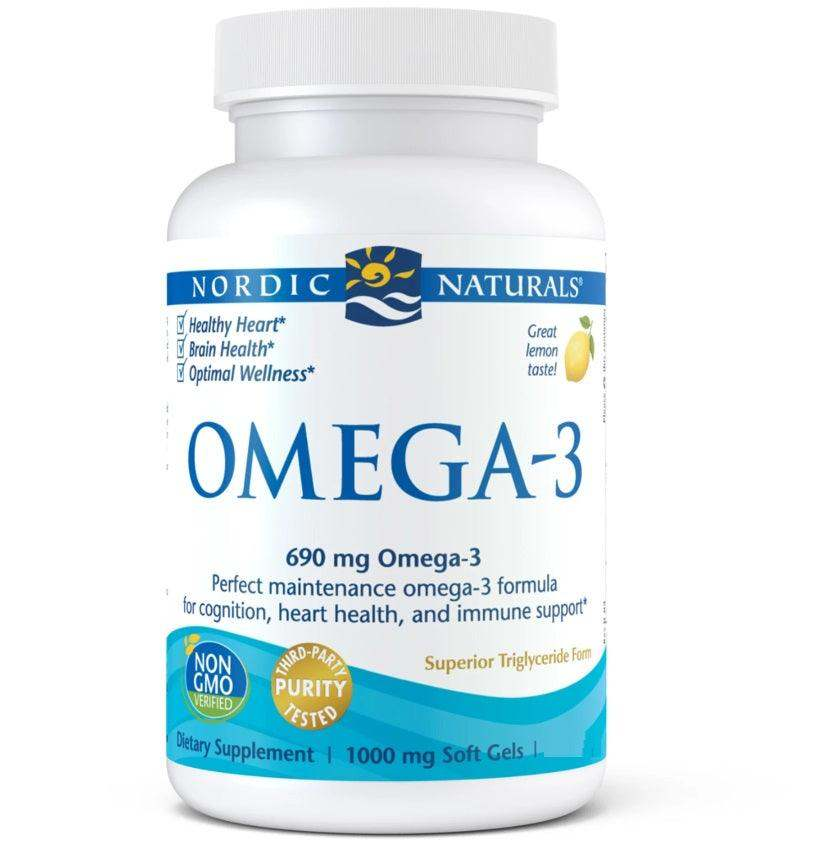
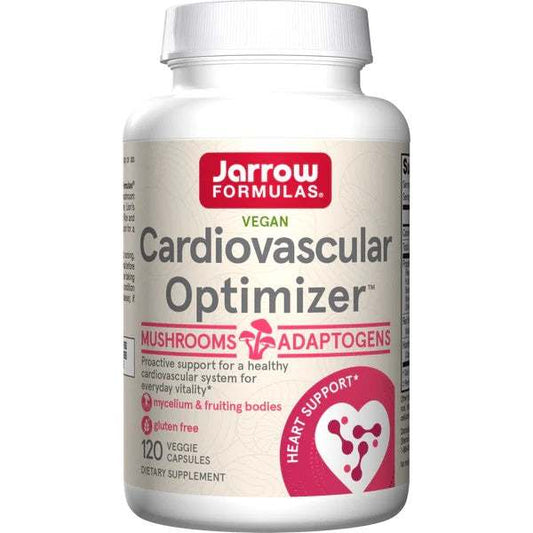
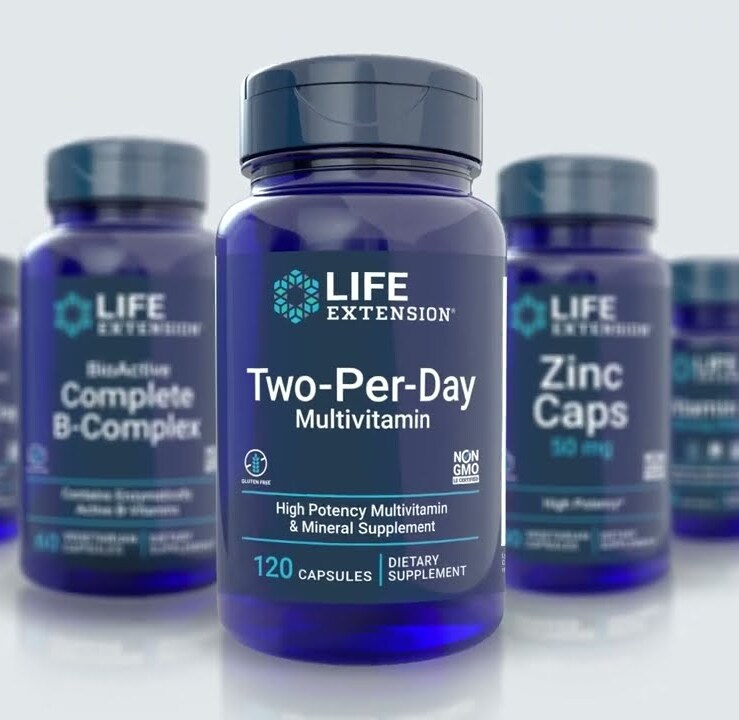








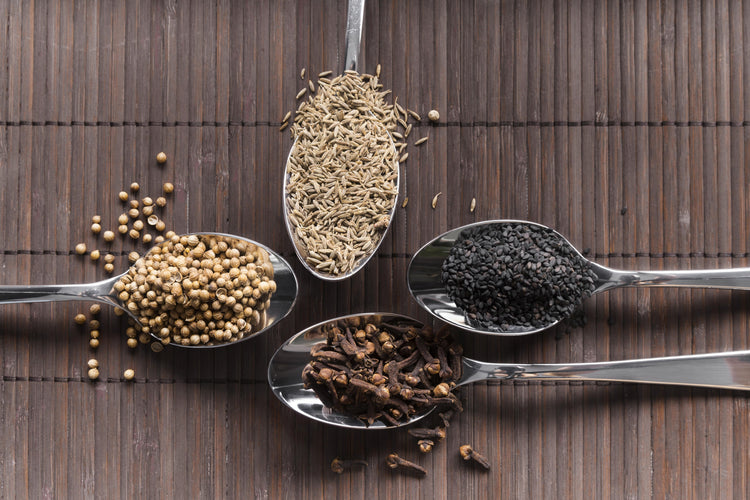


 Rated Excellent by 26,523+ Reviews
Rated Excellent by 26,523+ Reviews